Feminist Philosophy
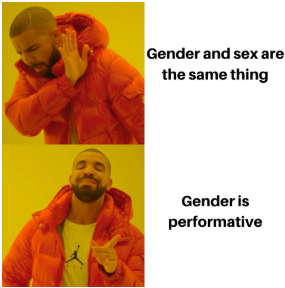
Do you think men and women should get paid💰the same for doing the same job? Do you think it’s totally cool when guys wear pink or paint their nails? If you answered yes to either of these questions, you’re probably a feminist! In its simplest form, feminism is a movement that advocates for gender equality. Feminist philosophy, however, has evolved through time to analyze not only issues relating to the inequality between men and women, but also broader issues with gender, sexuality👨❤️👨, and current social structures.
We commonly use the concepts sex and gender interchangeably. But feminist philosophy tells us that they are actually quite different! Sex refers to biological characteristics while gender refers to how someone feels and is seen in society. Simone de Beauvoir was one of the first feminist philosophers to draw this distinction, claiming that “one is not born, but rather becomes, a woman.” What she means by this is that women do not naturally enjoy the color pink or wearing dresses and makeup! Feminist philosophers argue that women like these things because of societal expectations placed upon them. Current feminist philosopher Judith Butler has expanded on Beauvoir’s idea by claiming that gender is “performative” or that it is ultimately an act that we put on in our daily lives.
Another concept very important to feminist philosophy is the patriarchy. Maybe you’ve heard someone say “fight the patriarchy🤜💥” and wondered what that was, exactly. The patriarchy consists of the norms and expectations pushed onto men and women where men have power or control and women do not. For example, the idea that men should be the breadwinners while women should be stuck at home all day cleaning and making dinner is patriarchal. The patriarchy also pushes harmful expectations and ideas on men in many ways. The expectation for men is to be emotionless and tough while women are relied upon to be subservient to men. I don’t know about you, fellow reader, but I (a man) don’t want to ignore how I’m feeling and “be a man” about it! Studying feminist philosophy can help you better see how sexism rears its ugly face in many parts of our current society and better understand how to combat this so we can live in a more equitable society no matter our gender or our identity.
Key Texts
-
The Second Sex
Simone de Beauvoir -
Feminist Theory: From Margin to Center
bell hooks -
Women, Culture, and Politics
Angela Davis -
A Vindication of the Rights of Woman
Mary Wollstonecraft -
Politics of Reality: Essays in Feminist Theory
Marilyn Frye -
Dislocating Cultures
Uma Narayan -
Gender Trouble
Judith Butler -
Femine Mystic
Betty Fridan
Videos
What is Woman?
Wisecrack
-
 What is Woman?
What is Woman?
-
 What is Gender?
What is Gender?
-
 Theories of Gender
Theories of Gender
-
 Women’s Suffrage
Women’s Suffrage
Pop Culture Examples
Want to Know More?
-
Feminist Philosophy
Stanford Encyclopedia of Philosophy -
Philosophical Feminism
Encyclopedia Britannica -
Feminism
The Basics of Philosophy -
Feminist Standpoint Theory
Internet Encyclopedia of Philosophy
Questions to Think About
-
What gender-related expectations do you encounter in your life?
-
Are society’s gender roles harmful? In what ways?
-
How do you see the patriarchy in your daily life?
-
Why do gender-related expectations exist?
-
How does society react to women rejecting gender roles? What about men?
-
Which gender norms do you reject? Which do you accept?
-
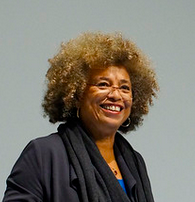
Angela Davis
-

Simone de Beauvoir
-

Sojourner Truth
-

Susanne Langer
-
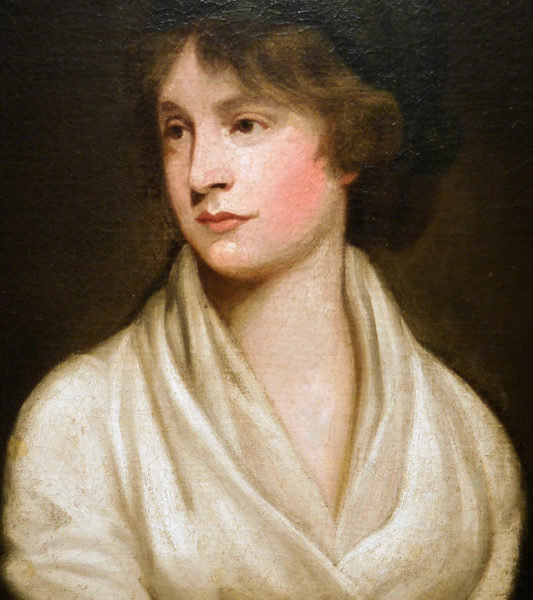
Mary Wollstonecraft
-

Marilyn Frye
-

Judith Butler
-
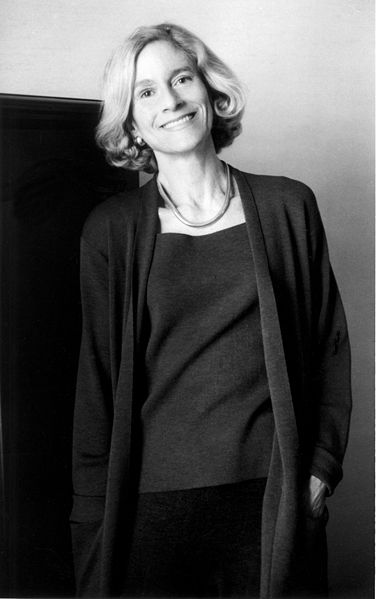
Martha Nussbaum
-

Uma Narayan
-

Luce Irigaray
-

Iris Young
-

Sally Haslanger
-

Carol Gilligan
-

bell hooks
-
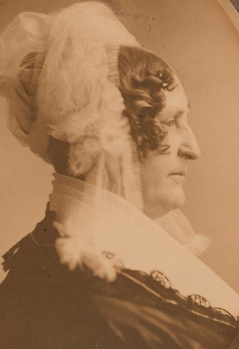
Emma Hart Willard
-
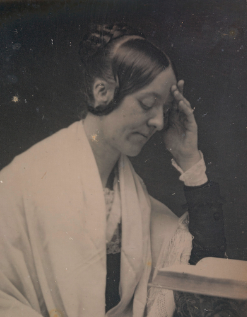
Sarah Margaret Fuller Ossoli
-
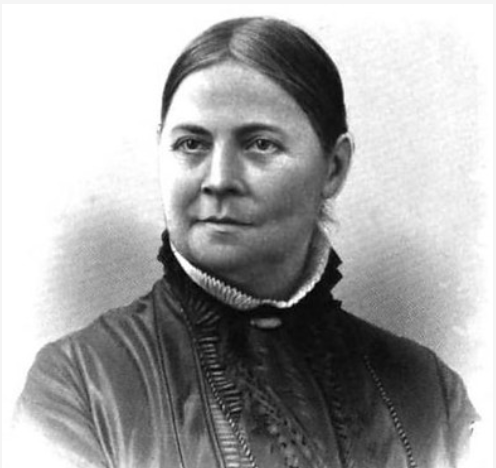
Lucy Stone
-
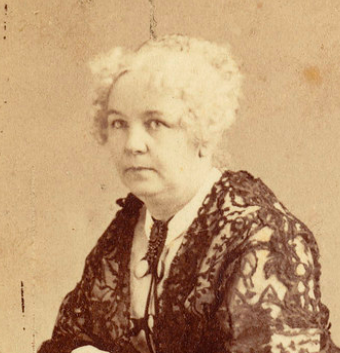
Elizabeth Cady Stanton
-
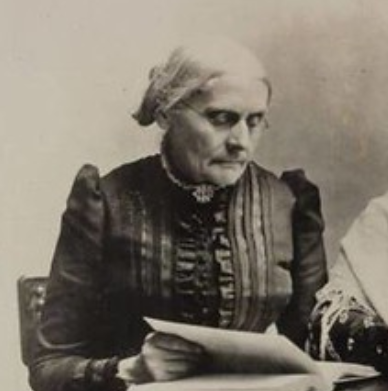
Susan B. Anthony
-

Betty Friedan
-

Gloria Steinem
-

Harriet Grimke
-

Sarah Moore Grimke
-

Angelina Emily Grimke
“Jean-Paul Sartre, Simone de Beauvoir, Avraham Shlonsky and Leah Goldberg” by Government Press Office (GPO) is licensed with CC BY-NC-SA 2.0. To view a copy of this license, visit https://creativecommons.org/licenses/by-nc-sa/2.0/. https://www.flickr.com/photos/69061470@N05/6470403371
“Mary Wollstonecraft” by edenpictures is licensed with CC BY 2.0. To view a copy of this license, visit https://creativecommons.org/licenses/by/2.0/. https://www.flickr.com/photos/10485077@N06/44431453110https://www.flickr.com/photos/10485077@N06/44431453110
“Judith Butler” by Andrew Rusk is licensed with CC BY 2.0. To view a copy of this license, visit https://creativecommons.org/licenses/by/2.0. https://www.flickr.com/photos/74098208@N00/5513754235
“File:Nussbaum Martha2.jpg” by Jerry Bauer (Original uploader was Wikicago at en.wikipedia) is licensed with CC BY-SA 3.0. To view a copy of this license, visit https://creativecommons.org/licenses/by-sa/3.0. https://commons.wikimedia.org/w/index.php?curid=3578570
“Enclosures: Quotidian Carceralities in the US and Occupied Palestine (Angela Davis)” by Columbia GSAPP is licensed with CC BY 2.0. To view a copy of this license, visit https://creativecommons.org/licenses/by/2.0/. https://www.flickr.com/photos/38426037@N04/15255790824
“Sally Haslanger” by keyofnight is licensed with CC BY 2.0. To view a copy of this license, visit https://creativecommons.org/licenses/by/2.0/. https://www.flickr.com/photos/27491666@N06/9008023723
“File:Carol Gilligan P1010970 – cropped.jpg” by Deror avi ; cropped by User:Ravit is licensed with CC BY-SA 3.0. To view a copy of this license, visit https://creativecommons.org/licenses/by-sa/3.0. https://commons.wikimedia.org/w/index.php?curid=15391210
“bell hooks” by Kevin Andre Elliott is licensed with CC BY-NC-SA 2.0. To view a copy of this license, visit https://creativecommons.org/licenses/by-nc-sa/2.0. https://www.flickr.com/photos/44124460857@N01/427782161
“Emma Hart Willard” by Unidentified Artist is licensed with CC0 1.0. To view the terms, visit https://creativecommons.org/publicdomain/zero/1.0/. https://npg.si.edu/object/npg_NPG.81.111https://npg.si.edu/object/npg_NPG.81.111
“Sojourner Truth” by U.S. Embassy The Hague is licensed with CC BY-ND 2.0. To view a copy of this license, visit https://creativecommons.org/licenses/by-nd/2.0/. https://www.flickr.com/photos/47873224@N06/8531275954
“Margaret Fuller” by John Plumbe, Jr., 13 Jul 1809 – 28 May 1857 is licensed with CC0 1.0. To view the terms, visit https://creativecommons.org/publicdomain/zero/1.0/. https://npg.si.edu/object/npg_NPG.2018.3
“Lucy Stone” by Varaey is licensed with CC PDM 1.0. To view the terms, visit https://creativecommons.org/publicdomain/mark/1.0/. https://www.flickr.com/photos/153401585@N08/26999684889
“Elizabeth Cady Stanton [front]” by Boston Public Library is licensed with CC BY-NC-ND 2.0. To view a copy of this license, visit https://creativecommons.org/licenses/by-nc-nd/2.0/. https://www.flickr.com/photos/24029425@N06/16529575680
“Susan B Anthony” by orionpozo is licensed with CC BY 2.0. To view a copy of this license, visit https://creativecommons.org/licenses/by/2.0/. https://www.flickr.com/photos/65168863@N00/6578409319
“File:Betty friedan ©Lynn Gilbert.jpg” by Lynn Gilbert is licensed with CC BY-SA 4.0. To view a copy of this license, visit https://creativecommons.org/licenses/by-sa/4.0. https://commons.wikimedia.org/w/index.php?curid=54135981
“Gloria Steinem 3” by Queen of Planning is licensed with CC BY 2.0. To view a copy of this license, visit https://creativecommons.org/licenses/by/2.0/. https://www.flickr.com/photos/68973128@N00/3002625148
Key Terms
-
- oppression
- long-term poor treatment of people in certain groups created and continued by those with power in society
-
- gender
- refers to how people think about themselves (gender identity) or how one is perceived in society
-
- sex
- refers to whether one is male or female based on biological characteristics
-
- patriarchy
- a social system in which men hold the most power in society
-
- misogyny
- hatred of or prejudice toward women
-
- double bind
- Situations where few options are available and all options are pretty bad
-
- gender norms
- expectations for men to only act masculine and women to only act feminine
-
- First-wave feminism
- the first movement of feminism in the West during the 19th and early 20th century. It focused primarily on securing the right to vote for women, as well as other legal rights
-
- Second-wave feminism
- resurgence of feminism that began during the Civil Rights movement in the 1960s until the 1990s. Focused on cultural and political issues, including equal pay, access to contraception, gender-based violence, among other issues.
-
- Third-wave feminism
- considered by some to be the current wave of feminism, beginning in the 1990s. Focuses on how past feminist movements have excluded trans women and minority women.
-
- Liberal feminism
- focuses on reforms within the current political structure. Focuses more on individual rights.
-
- Radical feminism
- focuses on large-scale social change
-
- Socialist feminism
- focuses on the link between gender-based and class-based oppression.
-
- Ecofeminism
- focuses on the connection between the treatment of women and the treatment of the more-than-human world
-
- Black feminism
- focuses on the connection between racism and sexism and the unique experience of Black women
-
- Postcolonial feminism
- focuses on the connection between sexism and imperialism and colonialism and issues that women in the Global South countries face because of sexism, racism, colonialism and capitalism.







